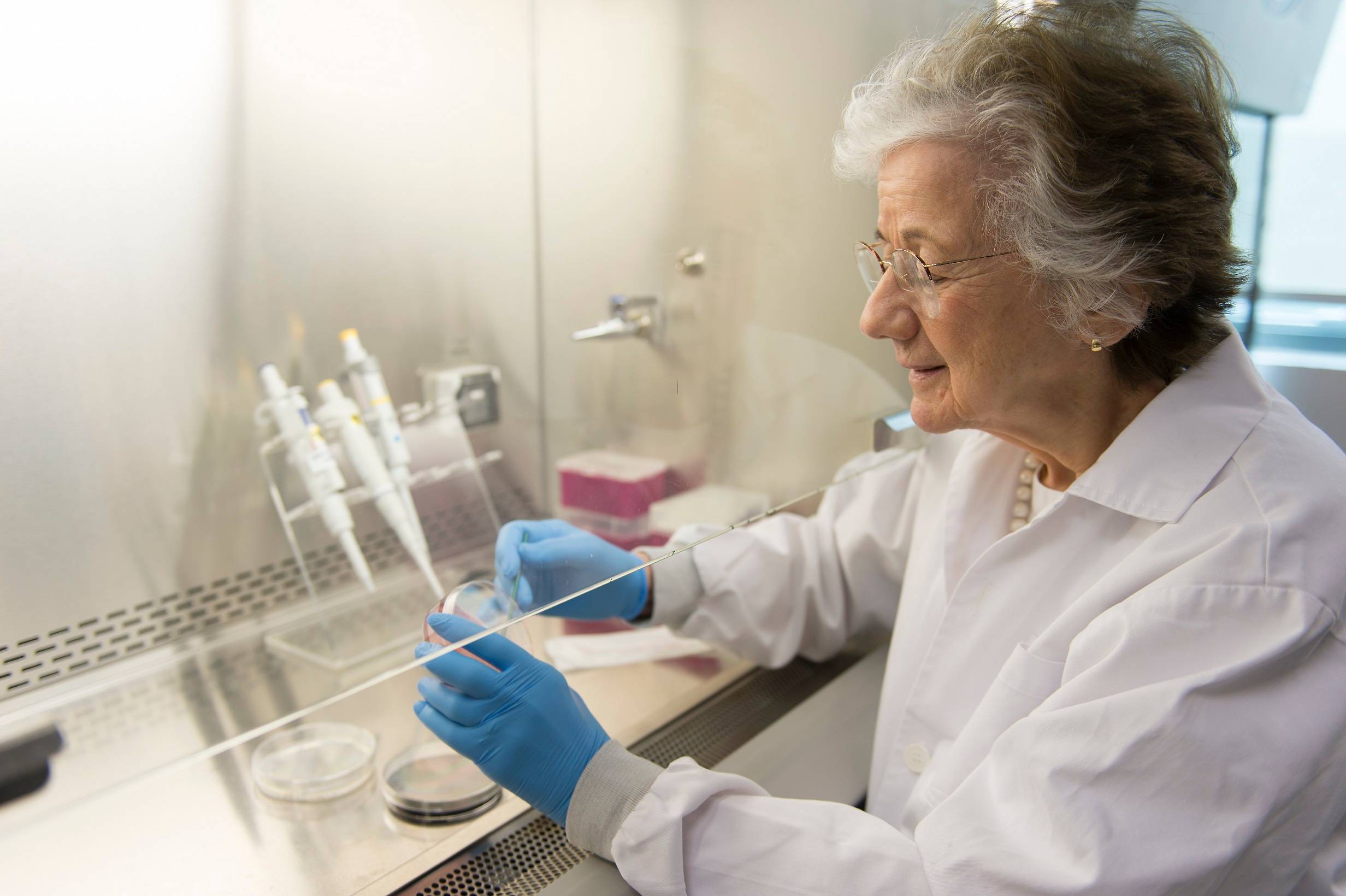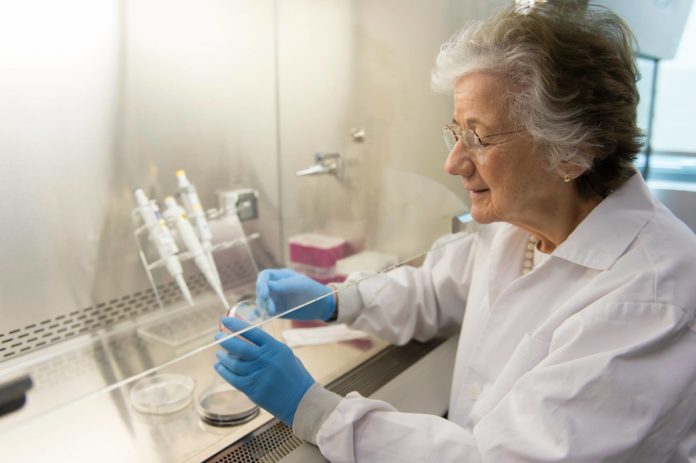SINGAPORE: American microbiologist Professor Rita Colwell has been awarded the prestigious Lee Kuan Yew Water Prize for her life-saving work in fighting waterborne diseases.
This was announced on World Water Day on Thursday (Mar 22) in New York City, in a speech delivered by chief executive of national water agency PUB Ng Joo Hee at the United Nations General Assembly to mark the launch of the International Decade for Action: Water for Sustainable Development 2018-2028.
Launched in 2008, the Lee Kuan Yew Water Prize recognises outstanding contributions by individuals or organisations towards solving global water challenges with technologies, policies or programmes which benefit humanity.
Prof Colwell will receive the prize at an awards ceremony on Jul 9 in Singapore, during the Singapore International Water Week.
LIFE-SAVING WORK IN DEVELOPING COUNTRIES
The 83-year-old was honoured for her pioneering insights into microbial water quality surveillance, and efforts to transform the control of cholera and other waterborne diseases, PUB said in a press release.
“Prof Colwell has dedicated her life to the advancement of our fundamental understanding of water microbiology science,” it said. “(This) has proven to be a tremendous technology enabler in the mission to protect public health through more accurate water quality monitoring.”
With 2.1 billion people worldwide, or three in 10 people, lacking access to safe water at home, the impact of Prof Colwell’s research has been felt especially in cholera-endemic countries. This is the result of a key discovery she made in the 1970s in the area of cholera-causing bacteria, known as Vibrio cholera.
Previously thought to be incapable of surviving more than a few hours outside a human host, Prof Colwell found that the bacteria occurs naturally in the aquatic environment associated with plankton. This discovery highlighted the critical link between the environment and cholera.
This led to her subsequent application of satellite imagery and modelling to predict cholera outbreaks, as well as her innovative use of sari cloths as filters to greatly reduce contamination in drinking water.
Her discovery helped to reduce cholera cases by 48 per cent in 65 villages in Bangladesh, and has also been used in other cholera-prone areas in India and South America.
BREAKTHROUGH DISCOVERIES
Prof Colwell was also the first to coin the term “viable but non-culturable”, which refers to disease-causing bacteria that are alive and harmful in water, even though they cannot be cultivated by traditional laboratory methods.

Professor Rita Colwell received the prize for her pioneering insights into microbial water quality surveillance, and efforts to transform the control of cholera and other waterborne diseases. (Photo: PUB)
Her discovery was initially met with scepticism from the scientific community in the 1980s, where culture-based methods were widely accepted as the gold standard for determining if disease-causing bacteria were alive, PUB said.
But Prof Colwell challenged this norm and highlighted that such traditional methods used to determine water safety were inadequate.
She then went on to invent a new molecular approach to more accurately detect the presence of disease-causing bacteria in water. It uses genome sequencing to identify different strains of bacteria, and determine their virulence and resistance to antibiotics.
WATER RESEARCH “IMPORTANT”
Prof Colwell says water research is crucial, even in Singapore, which has one of the world’s safest water supplies.
“Singapore is really a model, the water here is the safest I would wager, (in) any country in the world, but it always can improve,” she said.
“As we move into an era where water is going to be more of a problem, we’re going to have to be very clever in how we reuse it, the sources that we tapped, that we haven’t traditionally tapped, and to be able to show that it is microbiologically safe and hence human health safe.”
She added that the award is both a recognition of her life’s work, as well as a nod to fellow female scientists in the field.
“This award means a lot to me, I’m the first woman to receive it. I think the water industry, which is now pretty much male-dominated, can benefit from lots of smart women, who can contribute to the health and welfare of the population,” she said.
And her work has not ended – Prof Colwell intends to use the S$300,000 cash prize from the award to fund her current research on fighting cholera in Africa.





